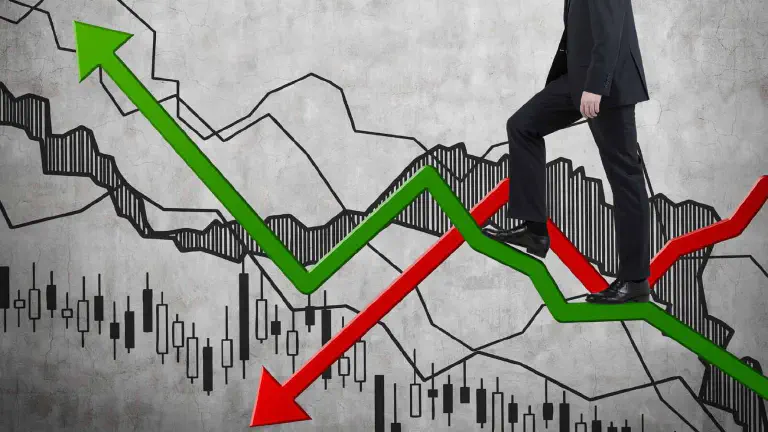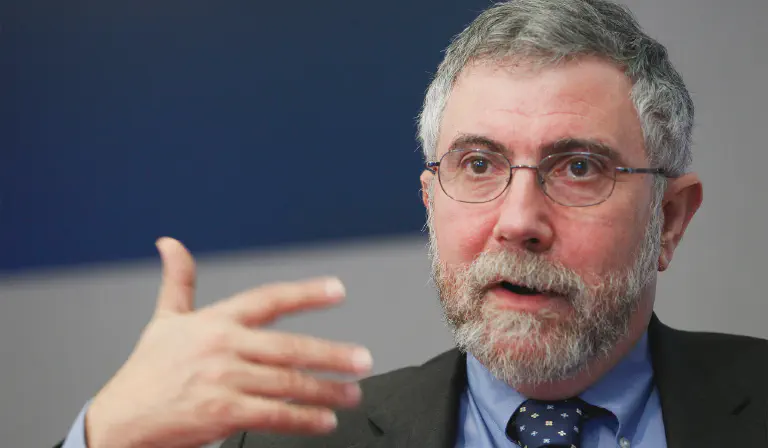What is an ETF?
Electronically traded funds are close-end funds that trade on a stock exchange. They are managed through a creation and redemption scheme that ties their contents to those of an index, or selection of investments that meet specific criteria. The value of an ETF is determined by market forces. When the value deviates from the net asset value (NAV) of the underlying investments, traders trade on the arbitrage opportunity. This brings the price of the ETF back into equilibrium with the underlying investments. Because of the creation and redemption scheme, assets within the ETF are turned over less frequently than assets in a mutual fund. This means managers of the fund pass fewer capital gains taxes onto investors in the form of fees. Also, investors are not asked to pay load fees upfront or at redemption, like they are with many mutual funds. This keeps the fees on an ETF even lower. Just like stocks, ETFs can be traded on margin and bought short. ETFs enable investors to invest in a specific sector, selection of companies or funds from a market or markets, nationally or internationally. Investors can get exposure to foreign markets, and stocks and bonds, without purchasing individual American Depository Receipts (ADRs).
Three Popular Companies Offering ETFs
Wisdom Tree
State Street Global Advisors
Invesco Powershares
Ten Canadian Companies Offering ETFs
BMO Asset Management
BlackRock Inc.
Vangaard Investments Canada
Horizons ETF Management
Hamilton Capital Partners
Claymore Investments
First Asset
Questrade
First Trust
Invesco


















